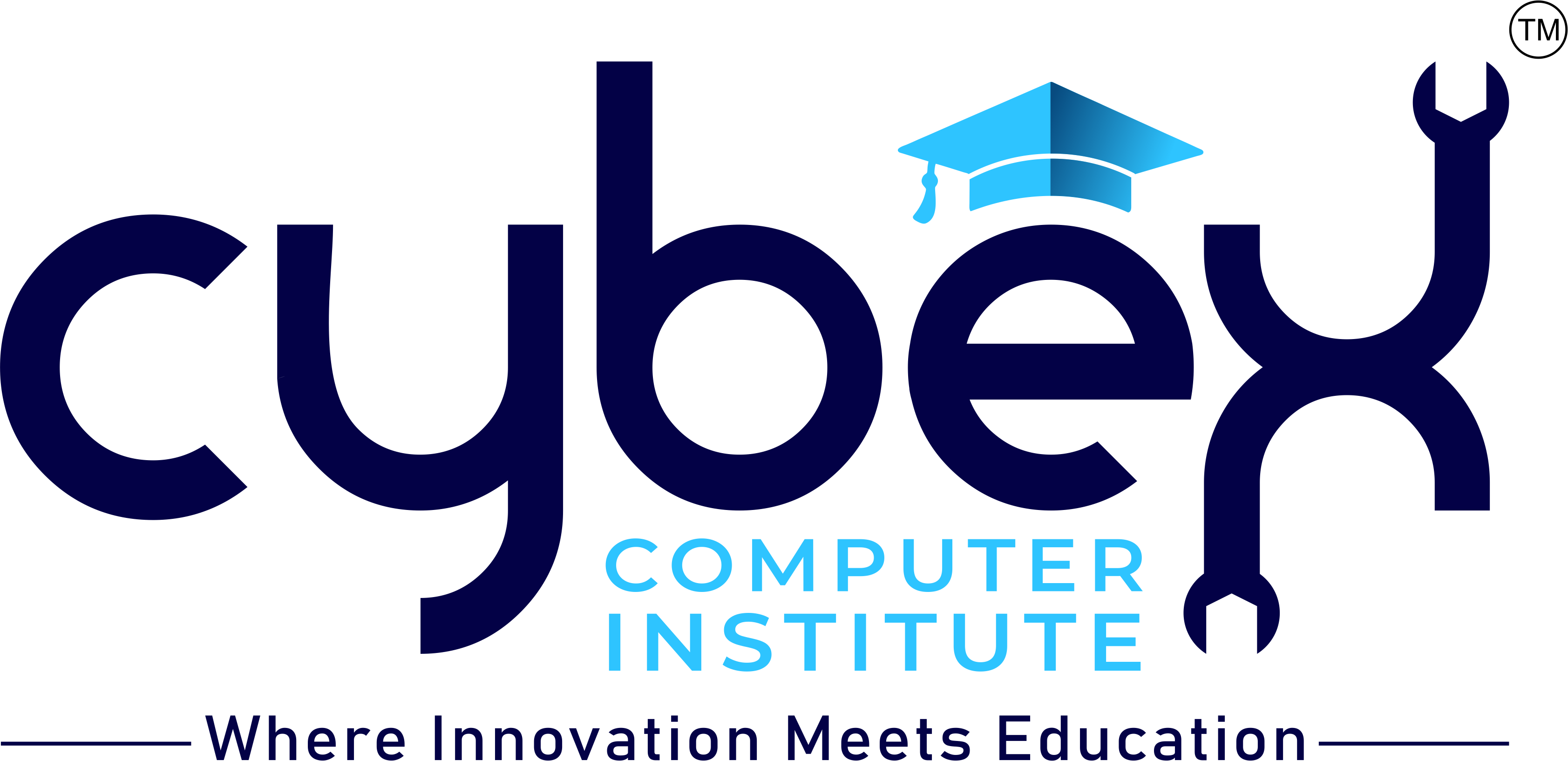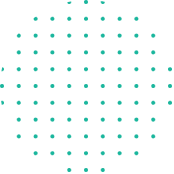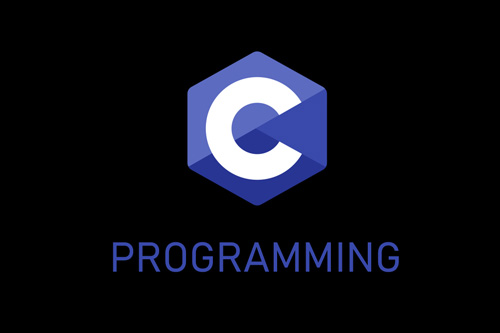Course Description:
This course offers an in-depth introduction to C programming, a foundational language celebrated for its efficiency, versatility, and pivotal role in system programming, embedded systems, and application development. Designed specifically for beginners and those new to programming, this course lays a solid groundwork in C, enabling participants to develop the skills necessary to write efficient, structured, and robust code.
Course Outline:
- Introduction to C Programming:
- Overview of the C language: its history, evolution, and significance in the programming world.
- Setting up the development environment: installing compilers, IDEs, and basic tools for C programming.
- Basic Syntax and Structure:
- Understanding the fundamental syntax of C: data types, variables, operators, and expressions.
- Learning the structure of a C program: functions, statements, and control flow.
- Control Flow:
- Exploring control flow mechanisms: conditionals (if, else, switch) and loops (for, while, do-while).
- Implementing control flow constructs to manage the execution of code based on conditions and iterations.
- Functions:
- Introduction to functions: declaration, definition, and calling functions.
- Understanding function parameters, return values, and scope.
- Discussing recursion and its applications in problem-solving.
- Arrays and Strings:
- Working with arrays: declaration, initialization, and manipulation.
- Understanding strings: string handling functions and operations.
- Techniques for using arrays and strings effectively in C programming.
- Pointers and Memory Management:
- Basics of pointers: definition, declaration, and usage.
- Dynamic memory allocation: malloc, calloc, realloc, and free functions.
- Understanding pointer arithmetic and its role in efficient memory management.
- Structures and Unions:
- Defining and using structures: grouping related data, structure members, and nested structures.
- Exploring unions: memory sharing among different data types and their use cases.
- File Handling:
- Techniques for file input and output: opening, reading, writing, and closing files.
- Working with different file modes and managing file errors.
- Preprocessor Directives and Macros:
- Introduction to preprocessor directives: #define, #include, and conditional compilation.
- Creating and using macros to simplify code and enhance readability.
- Error Handling and Debugging:
- Techniques for debugging C programs: using debugging tools and strategies.
- Understanding common programming errors and how to handle them effectively.
- Advanced Topics:
- Introduction to bitwise operations and their applications.
- Exploring multi-file projects and modular programming in C.
Learning Outcomes:
By the end of this course, participants will have a strong grasp of C programming fundamentals and be able to write efficient, structured code. They will gain practical skills in handling data, managing memory, and using C’s features to develop robust applications. This foundational knowledge will serve as a valuable asset in various software development domains, including system programming, embedded systems, and general application development.
Target Audience:
This course is ideal for beginners who are new to programming, as well as those looking to build a solid foundation in C. It is suitable for individuals aiming to pursue careers in software development, system programming, and embedded systems, or for those seeking to strengthen their programming skills for academic or professional purposes.
Whether you are starting your programming journey or looking to deepen your understanding of C, this course provides the essential skills and knowledge to excel in various programming and software development fields.




